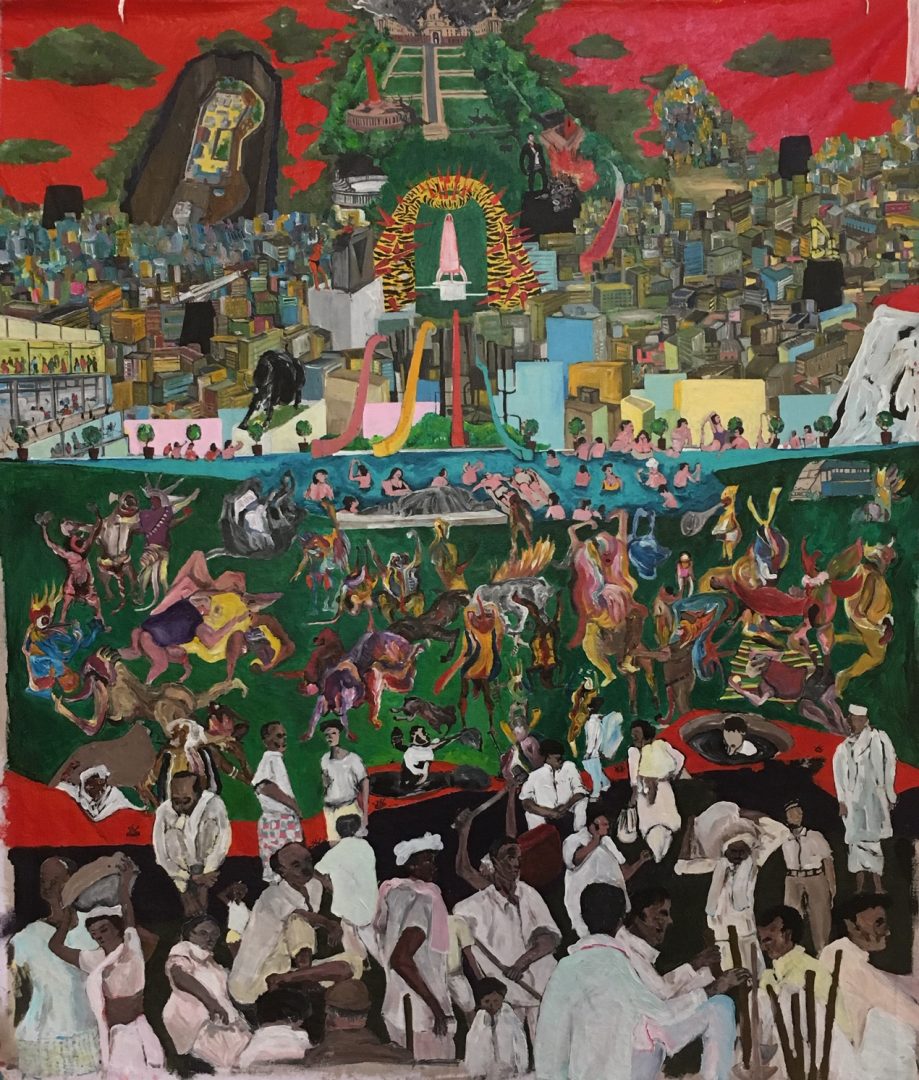
The Last Clearance Sale on Earth, “It is Getting Louder” © Nityan Unnikrishnan
Subversions | Vol 8. 2024
The phenomenon of post-truth has had a longer life than what it is ordinarily made out to be. The critical traditions in media studies have clearly demonstrated that the political and the economic elite have the means to create salience around particular narratives that reproduce and entrench their power at the cost of public interest. The contemporary use of the term post-truth refers to the same phenomenon however now no longer relying on the repertoire of spin and propaganda techniques but rather masquerading unconcealed and emboldened as ideological supremacy where facts and evidence are of little consequence. Various non-liberal and populist projects that militate against the progressive ideals and procedural norms enshrined in the constitution not only remain invested in the phenomenon of post-truth but are increasingly working to expand its boundaries beyond the realm of ‘fake news’. Wielding resentment and outrage as political tools, they seek to turn even ordinary aspects of public life into ideological contests. It is this dimension that the authors have focused on and critically analysed in this issue.
The essays published here were first presented at the Frames of Reference 2018, the national post-graduate student seminar of the School of Media and Cultural Studies. Titled, “Does the Nation Want to Know? The Politics of Post-Truth”, the seminar saw participating scholars respond to the theme by holding to scrutiny hegemonic discourses in the areas of knowledge production, caste, and sexuality; exploring practices of resistance and counter-mobilisations; and unpacking the politics of erasure and violence.

